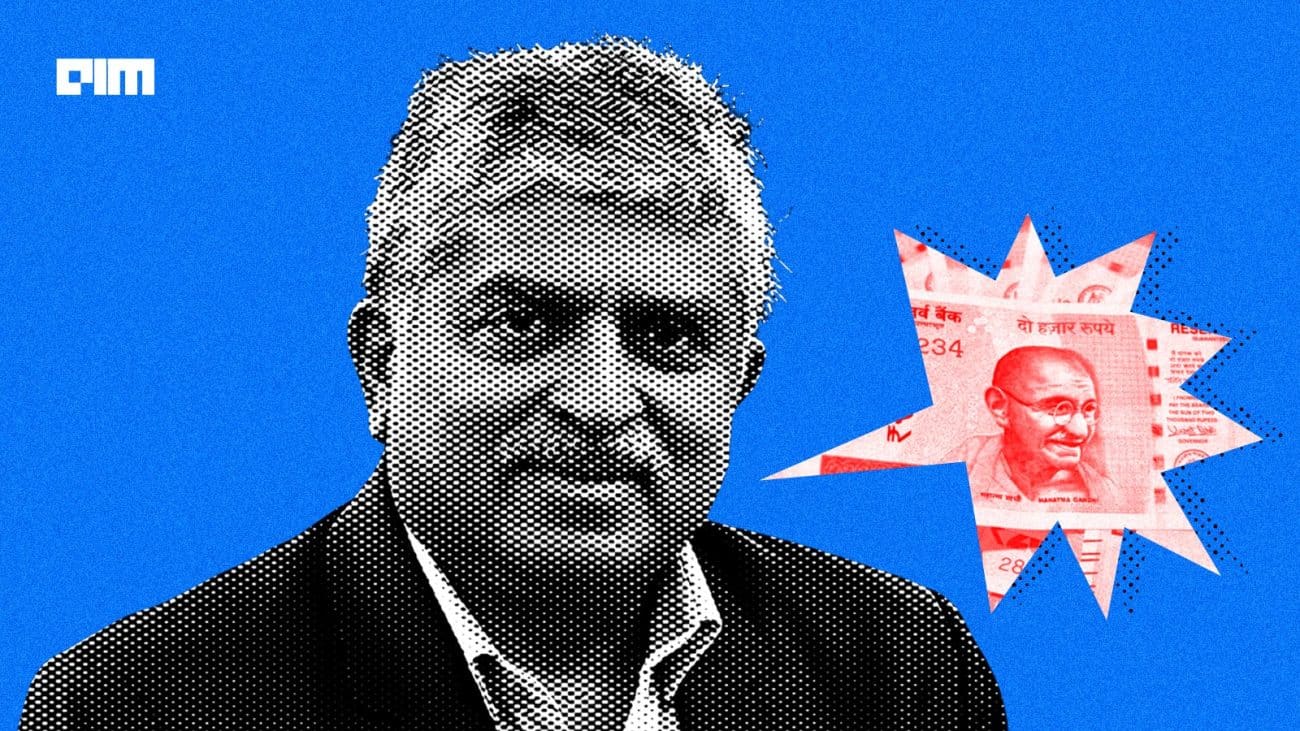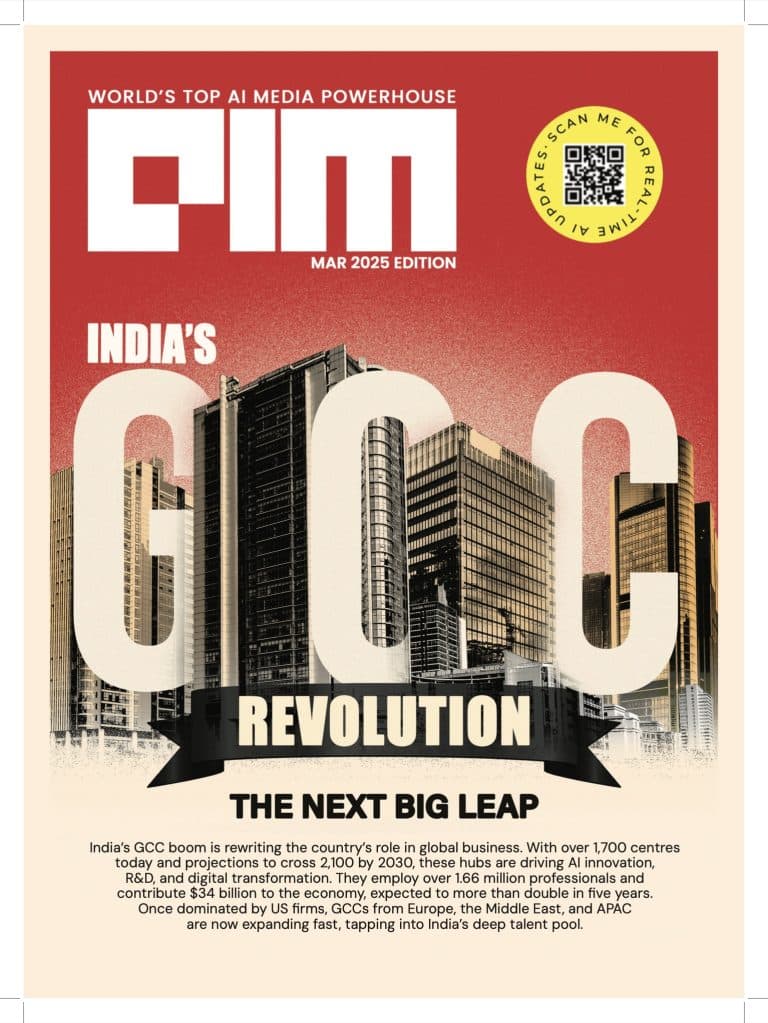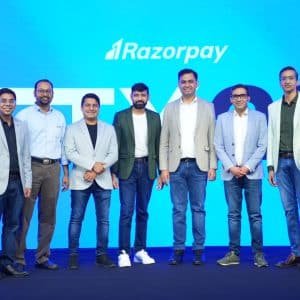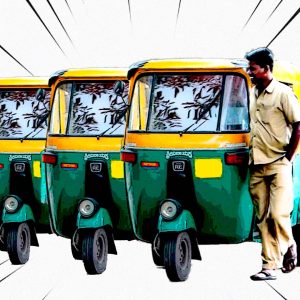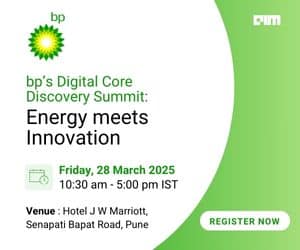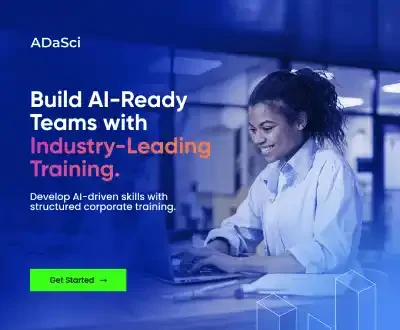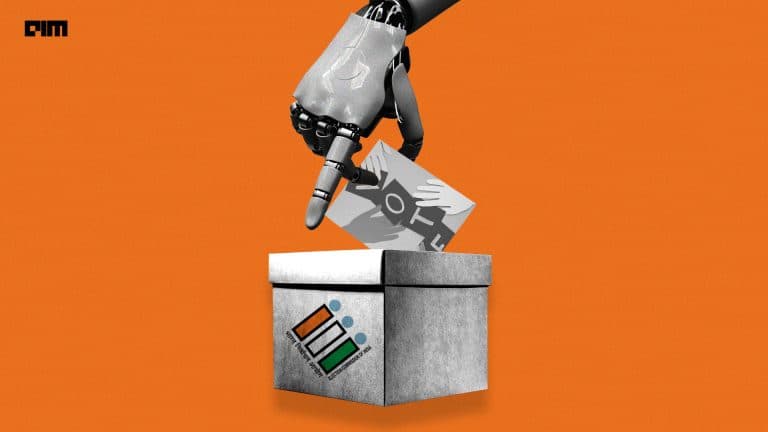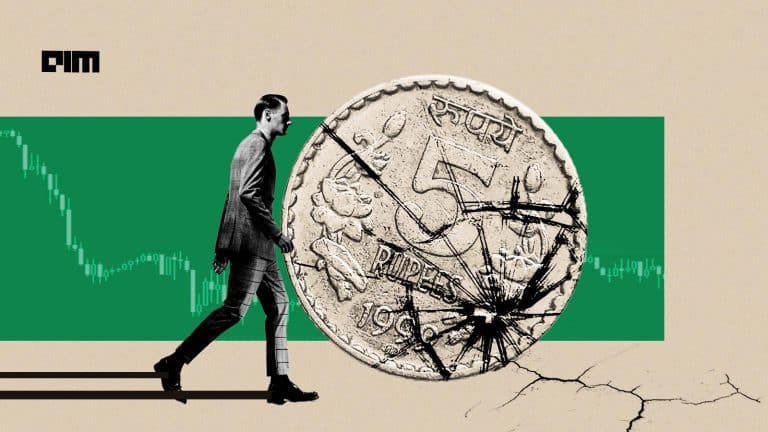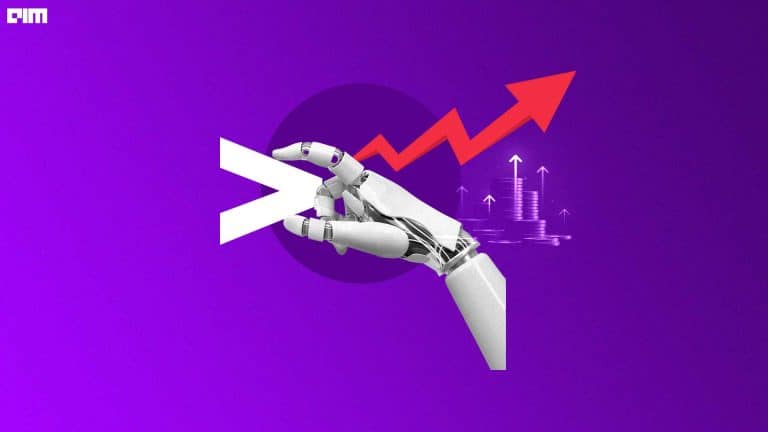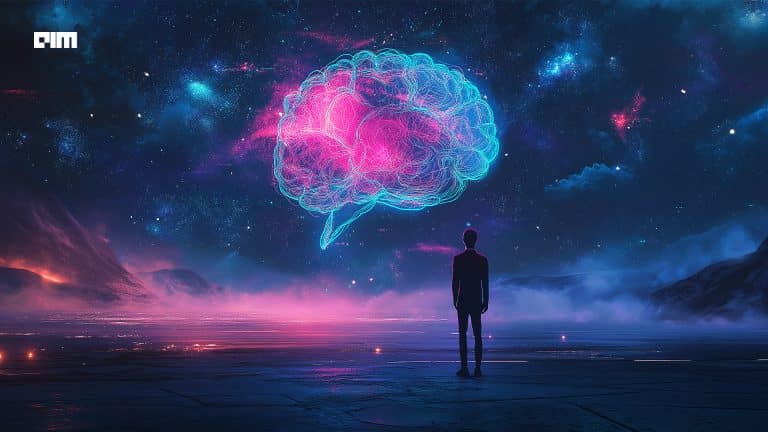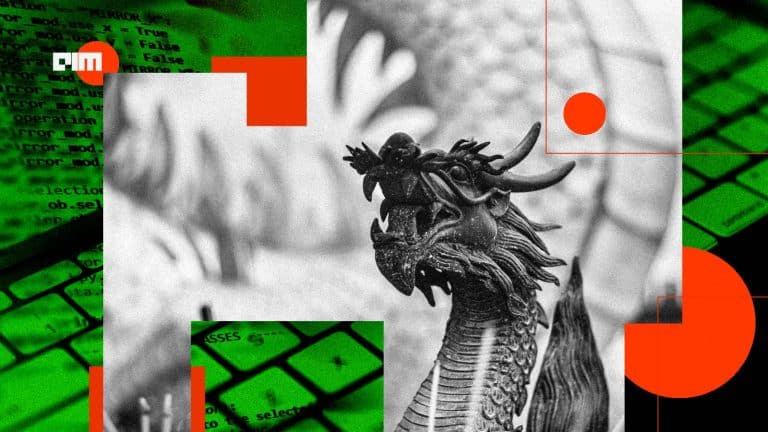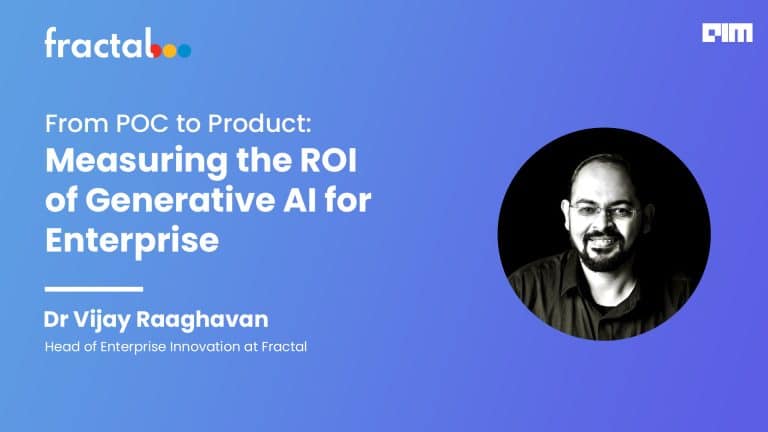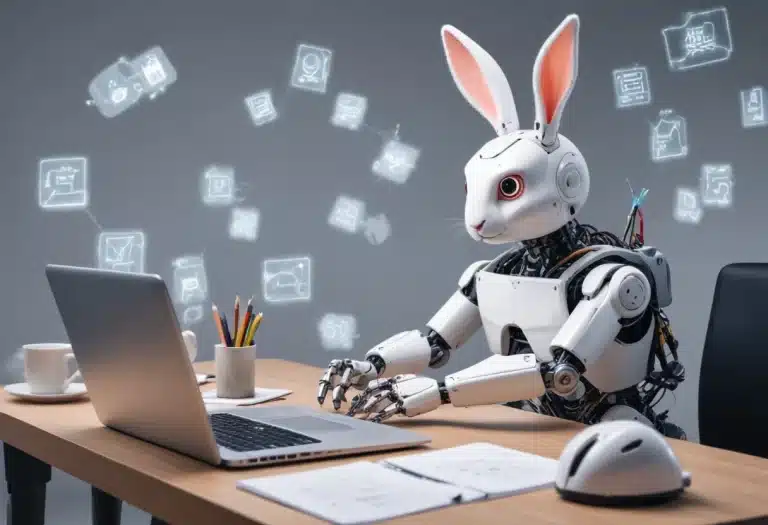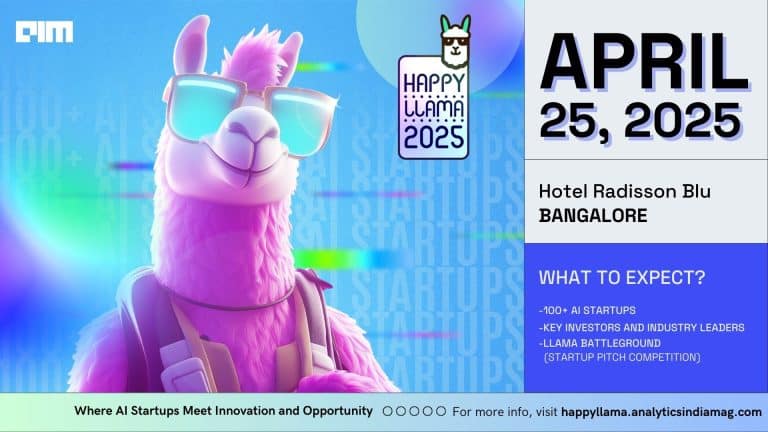At the recent Arkam Annual Meet 2025, themed ‘The Great Unlock India in 2035’, entrepreneur and Infosys co-founder Nandan Nilekani sparked a cheer from the crowd when he said by 2035 there would be a million startups. He quickly followed up with, “Just saying. You guys have to make it happen.”
Nilekani, who outlined the path to reach an $8 trillion economy in the next decade, believes India’s startup ecosystem will play a crucial role in achieving this goal.
“When the economy is growing at 8%, startups will grow at 20%, reaching a million startups by 2035,” Nilekani said. He stressed that the surge in entrepreneurship, combined with the nation’s Digital Public Infrastructure (DPI) and AI adoption, is expected to fuel unprecedented economic acceleration.
1 Million Startups
Nandan Nilekani at Arkam Annual Meet 2025. Source: AIM
The rapid formalisation of businesses, access to digital markets, and the increasing availability of capital are setting the stage for India’s next wave of startup-driven economic growth. Nilekani highlighted how platforms like Meesho are enabling first-time sellers to tap into a national customer base.
“Most of the people on Meesho are selling for the first time on an online platform. Most of the buyers of Meesho are buying for the first time on an online platform. So, platforms like Meesho will actually allow small guys to sell to a national market.”
India’s DPI has laid the groundwork for rapid startup expansion by reducing barriers to entry, enhancing financial inclusion, and simplifying compliance. With Aadhaar, UPI, and Account Aggregators (AA), startups now have the tools to scale faster than ever before.
Nilekani pointed out that India’s formalisation rate remains low, but technology is changing that. “The technology is now available for small guys to modernise themselves. In some cases, they are forced to modernise because they have to pay taxes, they have to use GST. A combination of push and pull will bring millions of these companies into the formal sector in the next decade,” he said.
He emphasised that access to digital identity, easy credit through account aggregators, and seamless taxation systems will enable a thriving digital-first economy.
India has already witnessed massive fintech adoption, with UPI leading the way. “PhonePe has 350 million active users. It has 48% of the payment market,” he stated, underscoring how digital payments are now an integral part of economic transactions.
The next step, he believes, is making benefits and credentials portable, ensuring economic mobility for workers and entrepreneurs alike. “If I can create a truly national market for benefits, so I can go anywhere and take my benefits along with me, that’s when we truly unlock population-scale formalisation.”
The AI Combo
Source: AIM
Alongside DPI, AI is emerging as a critical enabler of startup-driven growth. With AI-native Gen Z entrepreneurs entering the workforce, the way businesses operate is undergoing a shift.
“We know that half of India’s workforce will be AI-made. We will have 380 million Gen Z people. These people haven’t seen the world without a phone. They will be the first to use all this AI,” Nilekani said.
Nilekani goes on to explain that startups using AI-driven automation, predictive analytics, and personalised services will have a significant competitive advantage. India’s push for AI-driven multilingual interfaces will further democratise access to technology, enabling more entrepreneurs from tier-2 and tier-3 cities to participate in the economy.
Looking Ahead
In addition to highlighting startups that are solving unique problems, Nilekani predicts that the next mass-scale economic transformation will come from energy trading, similar to what UPI did for financial transactions. He envisions millions of small energy producers, ranging from households with solar rooftops to EV battery owners, participating in an open energy marketplace.
“Every home will be an energy producer because they have rooftops. Every home will be an energy storer because they have an EV battery. So, every home is a producer of energy, seller of energy, buyer of energy…You’re going to buy and sell energy, like UPI,” he explained.
With the convergence of one million startups, DPI, AI, and energy decentralisation, India is on the cusp of a historic economic transformation. As Nilekani predicts, this could probably be the path to both an $8 trillion economy and entrepreneurship explosion.


